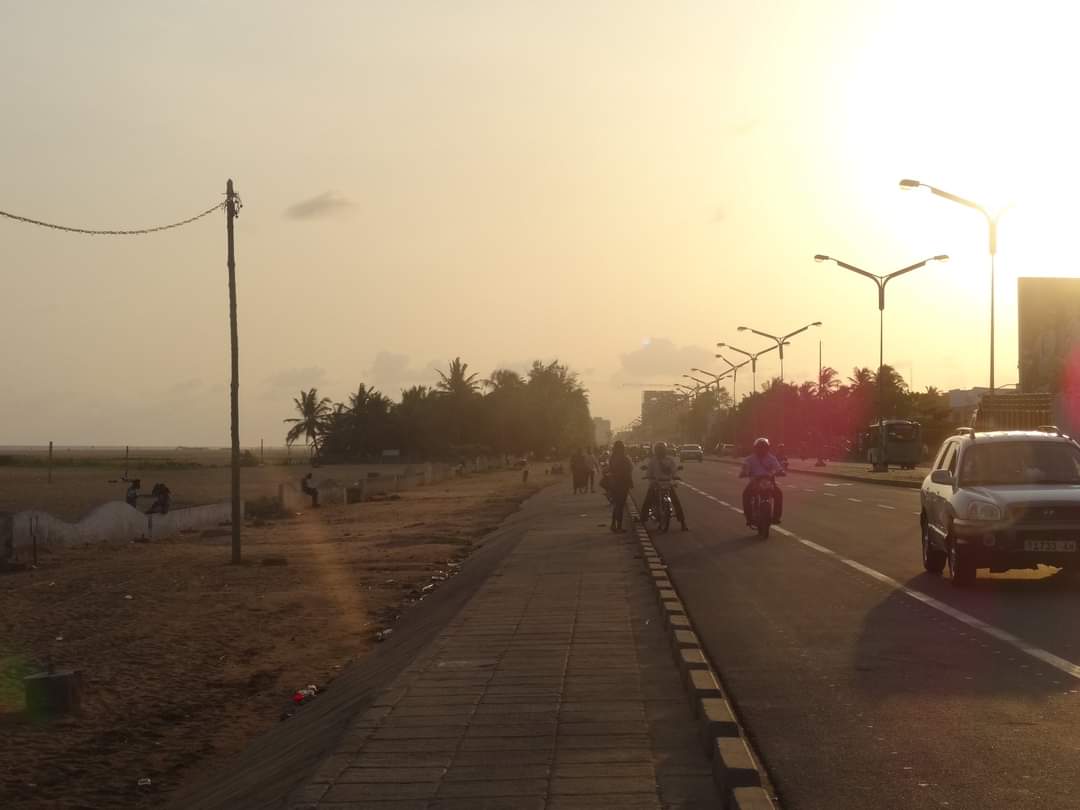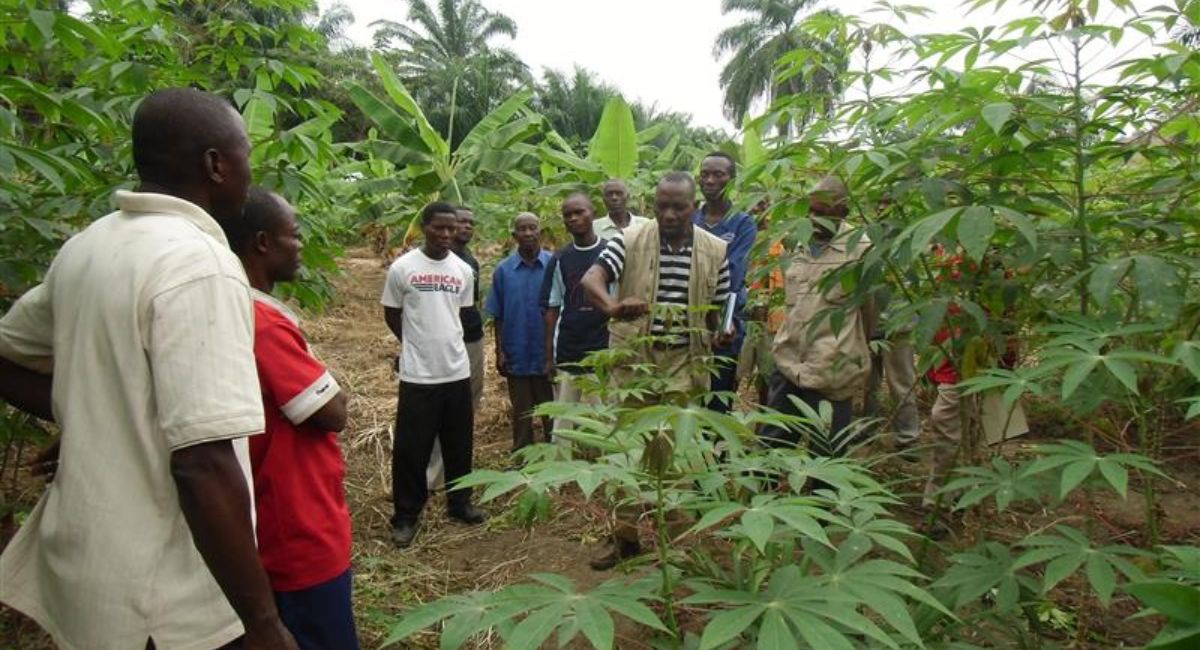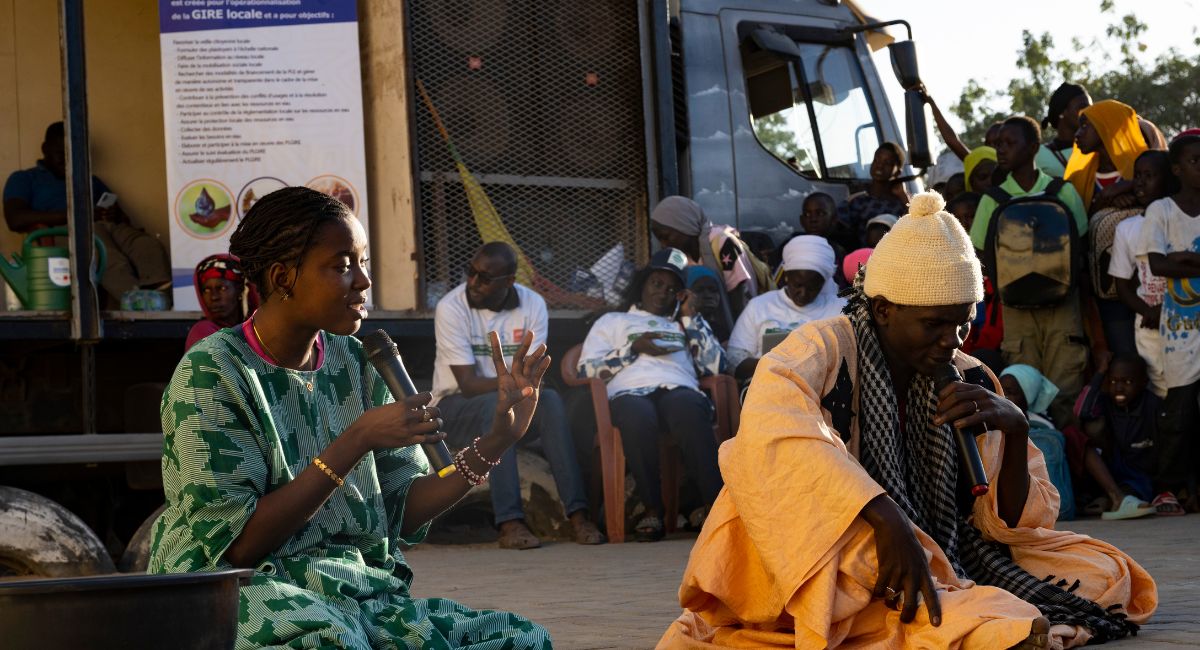COP 27, which started on November 6th, aims to and must be a COP that ensures action, in response to a constantly growing climate emergency. UNEP’s most recent publications on the gap between requirements and the current response in terms of reducing emissions and adaptation yet again reveal that what is being done is inadequate.
To ensure action, a COP must shift the focus from reflections and the implementation of global mechanisms to local action. The consequences of climate change depend significantly on the local context and 70 % of worldwide greenhouse gas emissions come from cities. Climate action therefore needs to be committed, co-constructed with stakeholders, and adapted to meet socio-economic challenges at a detailed, local and territorial level. Youba Sokona, vice-chairperson of the IPCC, recalled that: “Cities must become major climate stakeholders”.
Mayors committed to climate and access to sustainable energy
In Togo, to date, 73 communes willingly signed the Covenant of Mayors for Sub-Saharan Africa (CoMSSA)*. The mayors who signed this covenant undertake to draw up an Action plan for access to sustainable energy and the climate. GRET and Togolese NGO PAD.IE have been supporting this network since 2021, through the organisation of collective training sequences, capitalisation on initiatives, and visits to concrete projects in the field. Taking a gradual approach: developing a framework for the initiative, pertinence of diagnoses, and co-construction of local actions. This enabled the municipalities to become familiar with the main stages of climate action planning: adaptation to impacts, mitigation of emissions, and access to sustainable energy.
From 20 to 22 September, an end-of project workshop – organised with PADIE, Espelia and the Global Fund for Cities Development – made it possible to further explore funding and partnership opportunities, with the technical and financial partners, and the national authorities in attendance.
At the end of this process, it was clear that climate change is an emergency for Togolese localities and that the mayors were ready to make commitments. The number of signatories, the multitude of needs expressed and the plurality of actions proposed were proof of this.
Civil society, a vital stakeholder in local climate action
A commitment like this requires long-term support to co-construct action plans taking account of local socio-economic challenges, and to implement, monitor and evaluate these. Civil society has a role to play in this localisation of climate action. It can enrich participative processes, support upskilling, compare approaches, set up partnerships, and contribute to the implementation of actions in the field in various areas: energy, waste, agriculture, youth engagement and employment…
Funding is still insufficient
This commitment also requires funding that is in line with the actual needs and capacities of communes and local stakeholders, for planning processes and implementation of climate actions in the field. Today, the gap between the billions of dollars promised at COPs and actual funding available to communes and local stakeholders is huge, yet the latter are on the front line of climate action. Civil society can also play a role in the facilitation of this access.
To ensure successful action, a COP must therefore “act globally” and “think local”.
* The Covenant of Mayors for Sub-Saharan Africa (CoMSSA) is funded by the European Union and supported in Togo by Expertise France.





